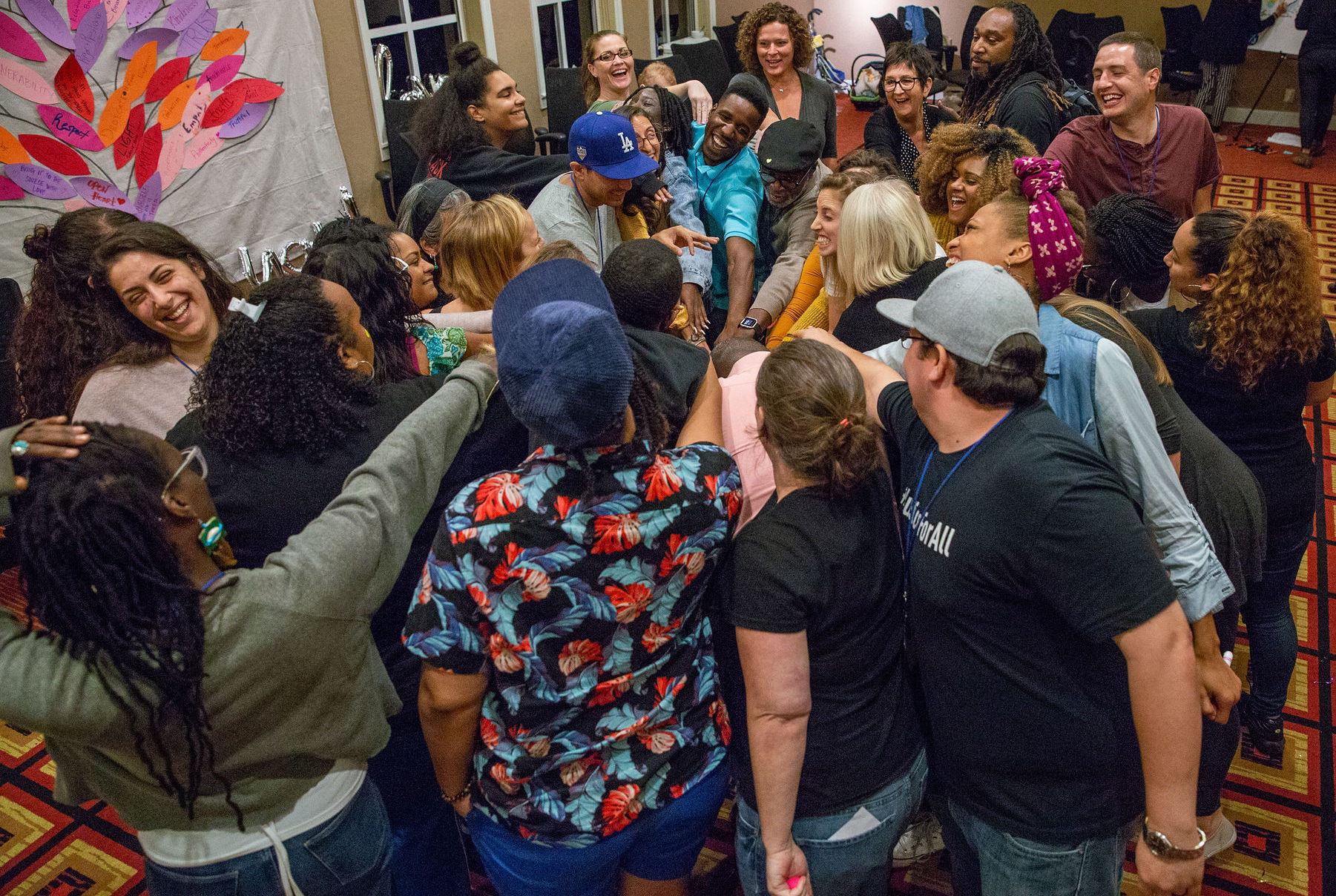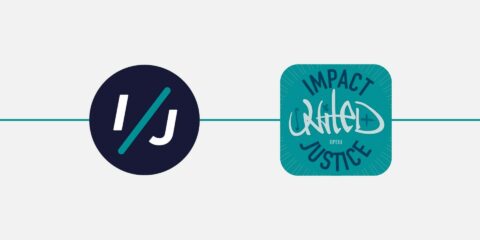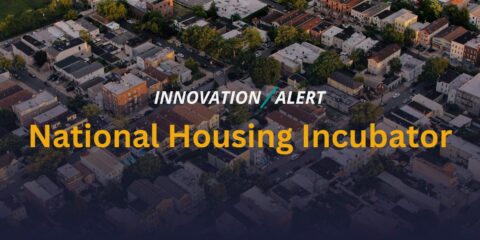At Impact Justice, giving life to new ideas that push the boundaries of justice reform also encompasses spinning off mature, successful projects when the timing and conditions are right. We’re excited to announce that as of Nov. 13, 2023, the Restorative Justice Project became part of Equal Justice USA.
The Restorative Justice Project first took shape 12 years ago, under the leadership of sujatha baliga who would later earn a MacArthur “Genius Grant” for her work. At the time, restorative justice as an alternative to prosecution in serious cases was a new idea. The model sujatha created and brought to Impact Justice in 2015 was committed to serving young people of color, whom studies show are often excluded from diversion programs. The approach was unique in encouraging district attorneys to divert high level misdemeanor and felony cases before young people are charged with a crime or brought to court, by working closely with crime survivors to craft restorative processes that meet their needs, and by equipping community-based organizations to facilitate these cases.
The initial pilot project in Alameda County — still active under the leadership of Community Works West — laid the foundation for Impact Justice to successfully seed the model in roughly a dozen cities around the county. The fruits of IJ’s sustained engagement in cities where restorative justice flourished are captured in the following short film completed earlier this year.
Studies show that restorative justice is associated with significantly lower levels of recidivism and is far more satisfying to participating survivors of harm than the criminal legal system. Growing interest in restorative justice nationwide has led to increased demand for the training, technical assistance, and peer-to-peer support the Restorative Justice Project provides, making this an opportune moment to spin off the project in a way that enables it to expand in new directions.
“Impact Justice’s approach to social change centers on the pursuit of bold ideas that challenge the status quo with new solutions to old problems,” said IJ President Alex Busansky. “We were the right organization to develop and test a cutting-edge model of restorative justice diversion. Now we’re passing on that body of work to Equal Justice USA, which is ideally positioned to nurture the use of community-based restorative justice as an alternative to the criminal legal system in communities nationwide.”
“During our time at Impact Justice, the Restorative Justice Project established an incredible national network of community and system partners committed to implementing restorative justice diversion,” said Restorative Justice Project Director Cymone Fuller. “We’re excited to bring this network of partners, along with the body of knowledge, strategies, and tools we’ve developed together, to EJUSA and make EJUSA our long-term home for building a community-centered ecosystem of healing justice.”
“On behalf of our entire team, I’m thrilled to welcome the members of the Restorative Justice Project to EJUSA,” said EJUSA CEO Jamila Hodge. “Years ago we built a vision for justice reimagined that included restorative justice as a critical alternative to the harm of policing, prosecutions, and prisons. The Restorative Justice Project is a powerful healing pathway that completes our vision and will integrate exceptionally well with our current practice areas.”
Impact Justice looks forward to future collaborations with the Restorative Justice Project from its new home at EJUSA and remains committed to pursuing bold ideas that move us as a society toward investments in healing, human potential, and genuine accountability as foundational elements of safe, thriving communities with opportunities for all.
For more information about the spinoff, contact Impact Justice Vice President for Operations Jenni Trovillion (jtrovillion@impactjustice.org).
To work with the Restorative Justice Project from their new base at EJUSA, contact Cymone Fuller (cymonef@ejusa.org).
Impact Justice advances safety, justice, and opportunity through boundary-breaking work that honors and empowers people and is changing expectations about what we can accomplish together.



